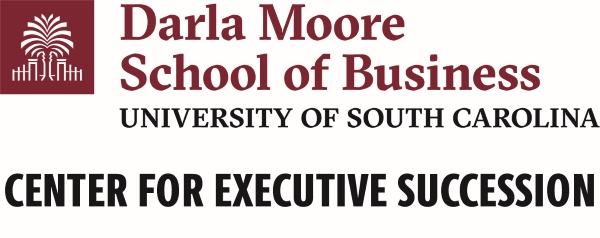Document Type
Report
Abstract
This year’s HR@Moore Survey of Chief HR Officers examined some traditional aspects of the CHRO role such as the time spent in various sub-roles, time spent with the board on a variety of topics, the CEO’s agenda for the CHRO/ HR, and how the CHRO, CEO, and CFO came into their roles. In addition, it examined the weaknesses of a CHRO’s predecessor and what current CHROs believe determine success in the role. In terms of time spent, consistent with past surveys, CHROs reported spending the most time as the Leader of the HR function, followed by Talent Architect, Strategic Advisor and Counselor/Confidante/Coach. They also reported spending more time in the Workforce Sensor role than in past surveys. They similarly continue to spend most of their time with the board on executive compensation, CEO succession, and executive succession. They also reported spending more time on “other” things than in previous years, the most popular of which involves diversity and inclusion issues. Talent continues to dominate the CEO’s agenda for the CHRO and the HR function. Finally, CHROs continue to be hired from outside far more frequently than either CEOs or their CFO peers. In the major new findings, it appears that building a relationship of trust with the board, CEO, and ELT plays the most critical role in CHRO success, followed by having strong business acumen and a strategic perspective. Talent issues seem to be important, but while lack of technical skills can be a cause for being replaced, talent differentiation does not seem to be the primary mechanism that distinguishes good from great CHROs.
Publication Date
2015
Disciplines
Business
Copyright
© 2015, University of South Carolina
Publication Info
2015.


